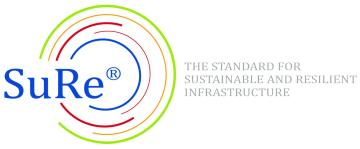
The Global Infrastructure Basel Foundation (GIB) is a Swiss foundation based in Basel working to promote sustainable and resilient infrastructure through sustainable infrastructure design and financing on a global scale. Active since 2008, GIB works with multiple stakeholders ranging from city representatives to project developers and infrastructure financiers, with a focus on emerging and developing countries.
GIB supports the development and financing of sustainable and resilient infrastructure:
- By designing leading standards for infrastructure design and performance assessment, as well as credit rating and insurance;
- Based on multi-stakeholder approaches, taking into account relevant expertise across sectors and regions;
- By strengthening the capacity of relevant stakeholders in the public sector, and the infrastructure and financial sectors to integrate relevant environmental, social, and governance aspects;
- By advancing research exploring the link between the sustainability and resilience performance of infrastructure projects, and their financial performance; and
- By contributing to shaping the policy agenda.
One of the key tools that GIB has developed is SuRe® (The Standard for Sustainable and Resilient Infrastructure). SuRe® is a global voluntary standard which integrates key criteria of sustainability and resilience into infrastructure development and upgrade, through 14 themes covering 61 criteria across governance, social, and environmental factors. It aims to establish a common language and understanding of sustainable and resilient infrastructure projects between project developers, financiers, local authorities, and to provide guidance on how to manage those aspects from both a risk management and a benefit creation perspective, starting from as early as possible in the project’s life cycle. As such, SuRe® can be used to leverage both public and private investments in infrastructure in a way that ensures cost-effective access to critical services while strengthening resilience, maximising social benefits, and limiting the environmental footprint.
